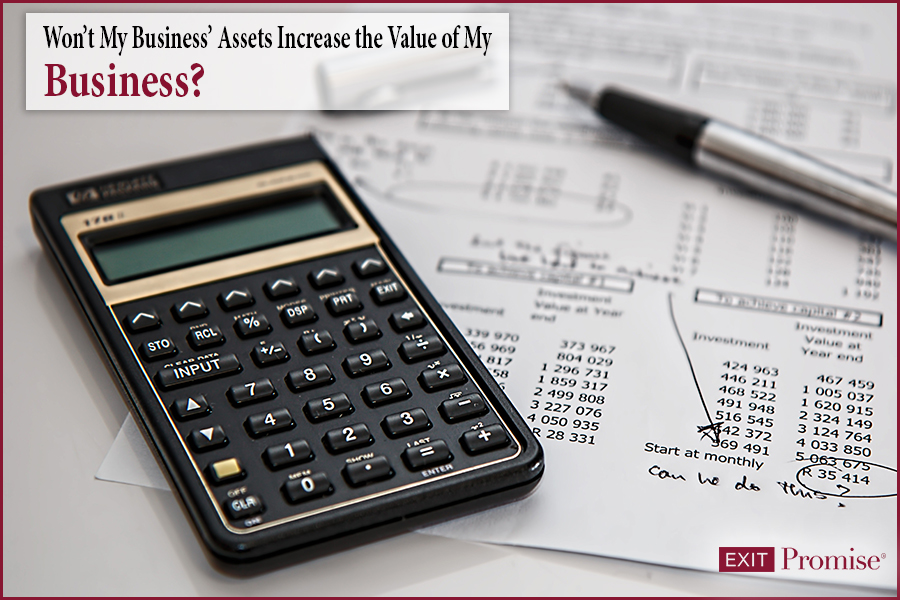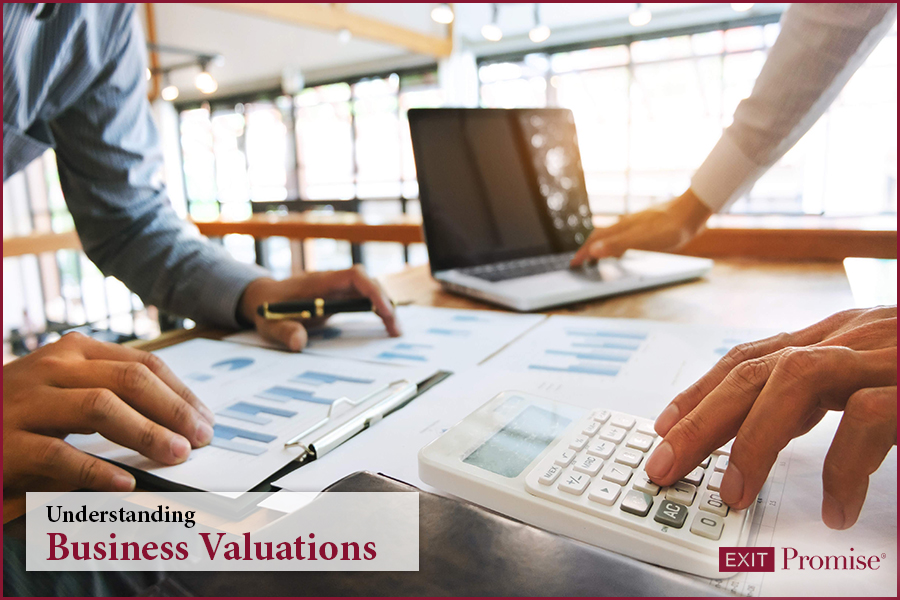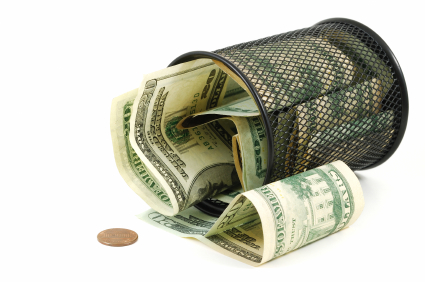Business owners who address the three hallmarks of a valuable business are very likely to have more options for exit and attract multiple buyers.


Business owners who address the three hallmarks of a valuable business are very likely to have more options for exit and attract multiple buyers.

As a business intermediary helping owners determine the “Most Probable Sales Price,” or MPSP of their businesses here in the Triangle, I hear a common question:
“That value makes sense, but what about all my stuff? Can I get paid for that too?”
The answer is rarely what the business owner wants to hear, but there’s a sound reason for it, and understanding how businesses are priced can help an owner with decisions on how to allocate resources for assets; especially if they are planning to sell in the near future.
In this article, we’ll explore the market approach for small businesses and what value the assets carry…

Quite simply, a business valuation is a process and set of procedures used to determine what a business worth. Sounds unambiguous, right? But it takes more than just plugging numbers into a formula — a credible business valuation requires knowledge, preparation, and a thorough understanding of the business. The result is an objective assessment of the real value of the business. In addition to estimating the selling price of a business, a business valuation can be used for many legal purposes such as divorce litigation, shareholder disputes, and estate or gift taxation.

The discount rate can be defined in several ways. For purposes of this post, the discount rate will be...

Ask your question below and one of our Advisors will answer. The Discount for Lack of Marketability, or...

The term business value is a broad term that refers to any form of business valuation which determines the...

Capitalization Rate, more commonly referred to as Cap Rate, is the rate of return on a real estate...

EBITDA Valuation is an industry multiple or ratio method that is used commonly to determine the Enterprise...

Seller’s Discretionary Cash Flow (SDCF), also sometimes referred to as seller’s discretionary income (SDI)...

Furniture, fixtures, and equipment (or FF&E) is an accounting term used in the process of valuing,...

Enterprise Value, also sometimes called “EV,” is a measure of a company’s total business value. EV is the...

The term “dry powder” is financial slang and refers to a company’s or investor’s highly liquid securities...

Middle market or “mid-market” companies or firms are businesses that typically earn between $5 million and...